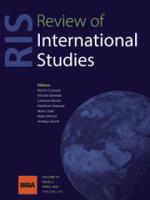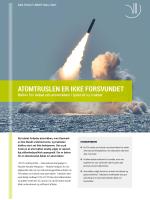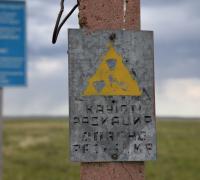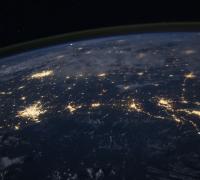Today’s debates on climate and species extinction can take inspiration from the nuclear age
In this new article, the authors revisit Jonathan Schell's (1943–2014) important work on nuclear weapons, most notably his bestselling book The Fate of the Earth (1982). Although the book is typically remembered as an inspiration for activists during the nuclear freeze movement of the 1980s, this article suggests that Schell’s original insights on nuclear war and ecological collapse also offers an opportunity to reconnect the study of nuclear weapons to central themes accompanying our arrival in the Anthropocene, including climate change and the idea that humans have become geological agents that now threaten the extinction of species, both human and non-human. The authors show how Schell’s profound engagement with nuclear weapons led him to an understanding of the Earth as a complex and delicate system – an understanding that remains deeply relevant for rethinking human–Earth relations in the Anthropocene age.
DIIS Experts






